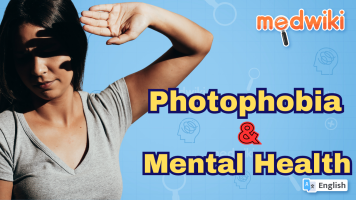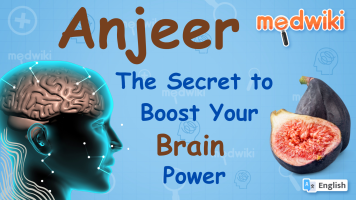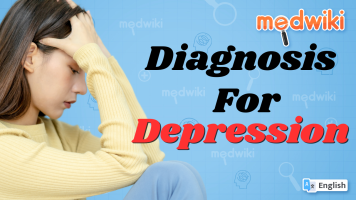Childhood Trauma - The Hidden Cause of Your Child's Depression.
Are you concerned about your child's mood swings and depression? Have you ever thought that childhood trauma may be the root cause of their emotional struggles? In this video, we'll explore how childhood trauma can lead to depression and what you can do to help your child.
So, what exactly is childhood trauma? Trauma refers to any experience that a child perceives as physically or emotionally threatening, such as neglect, abuse, violence, or natural disasters. It can have a lasting impact on a child's emotional and psychological well-being, leading to mental health issues like depression.
How does childhood trauma lead to depression, you may ask? Well, trauma can disrupt a child's sense of safety and security, leading to feelings of fear and helplessness. These emotions can become deeply ingrained, making it difficult for the child to regulate their emotions and cope with stressors in their daily life. Over time, this can lead to depression and other mental health issues.
Identifying childhood trauma can be difficult as children may not express their emotions clearly. Signs of trauma include emotional regulation difficulties, anxiety, fearfulness, avoidance, sleep and appetite changes, self-harm or suicidal thoughts. A mental health professional can help your child develop coping strategies. As a parent, listen without judgment, validate emotions, and encourage healthy coping strategies like exercise and journaling. Seek support from other parents or a therapist for yourself.
This information is not a substitute for medical advice. Consult your healthcare provider before making any changes to your treatment. Do not ignore or delay professional medical advice based on anything you have seen or read on Medwiki.
Find us at:



















.svg)